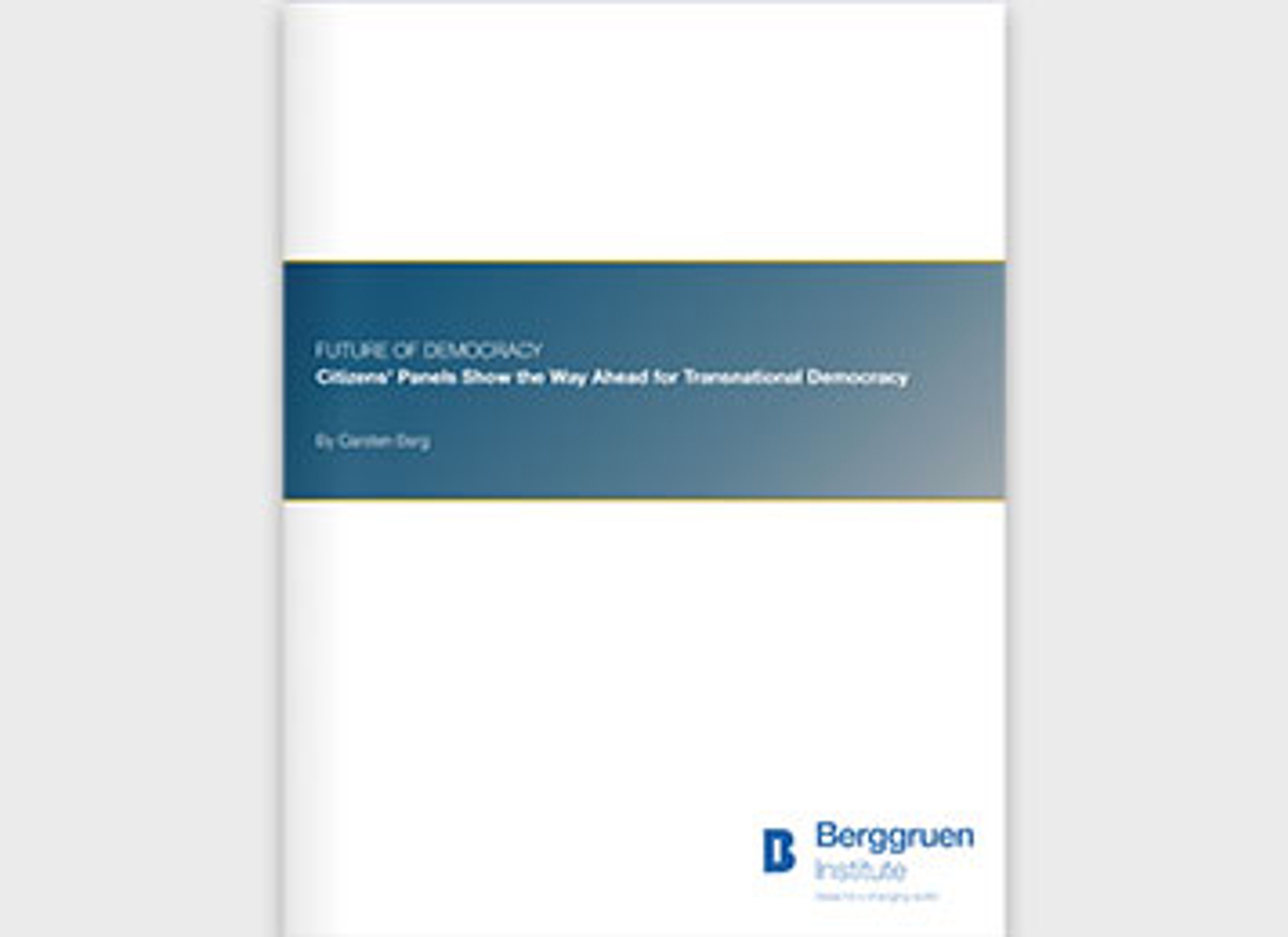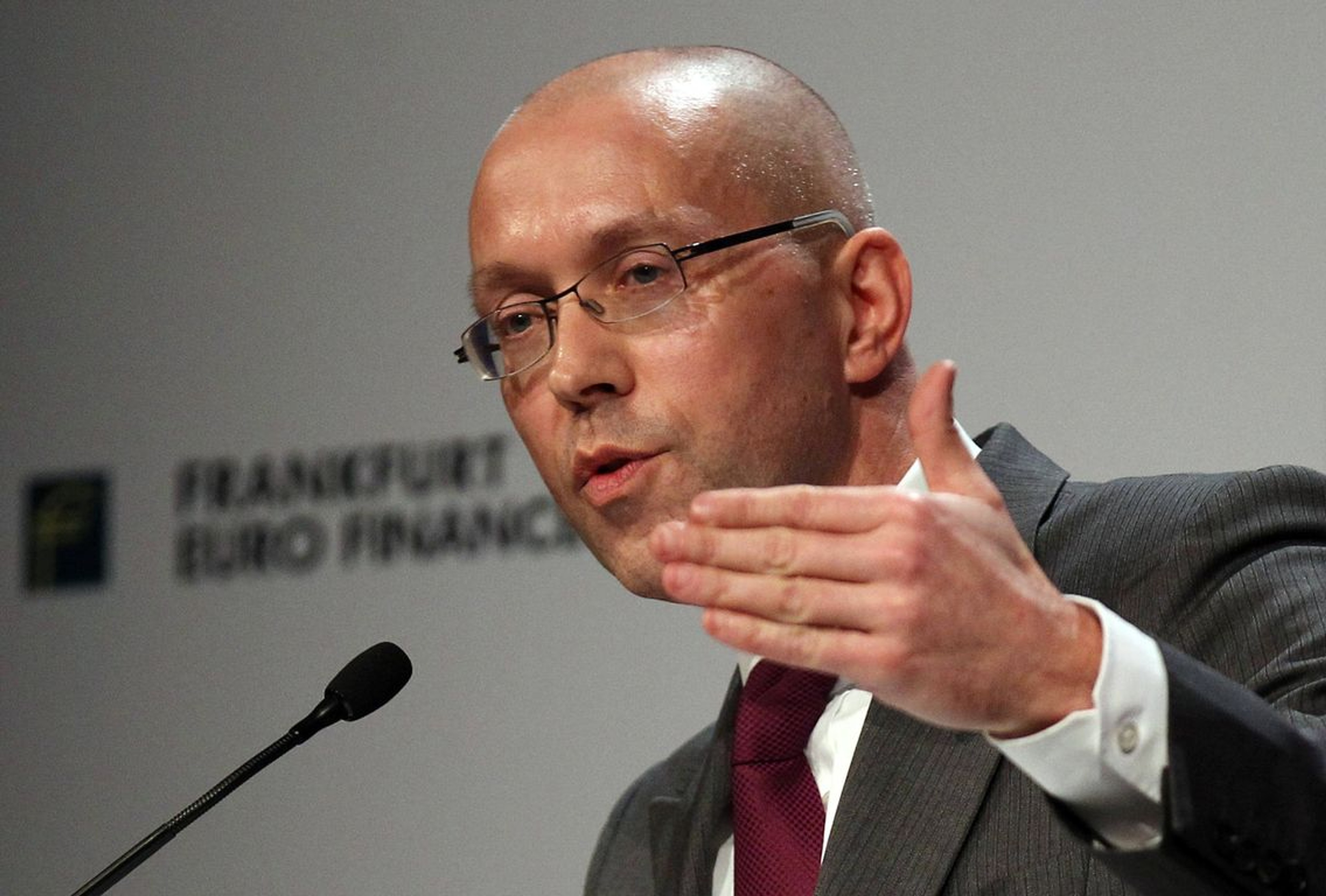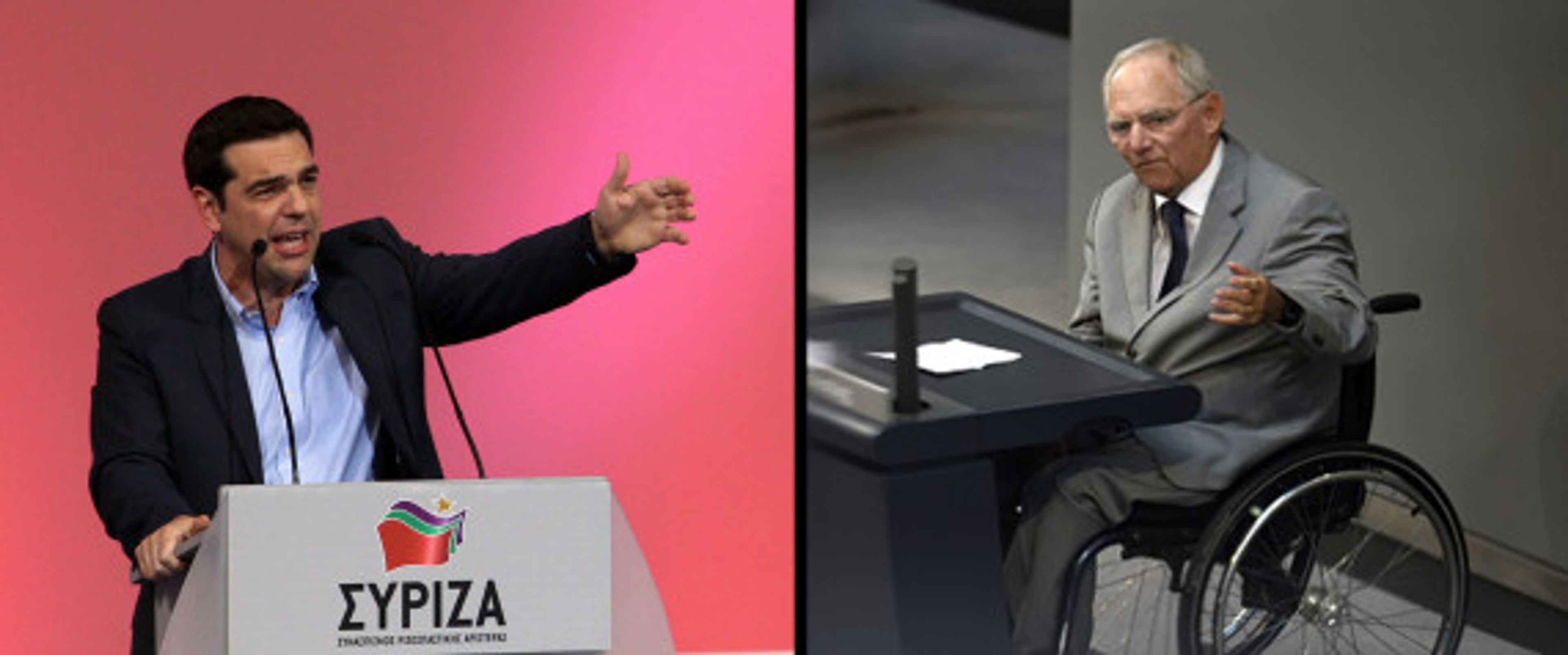Paris Town Hall – Europe: Next Steps



At “Europe, les prochaines étapes”, a “town hall” meeting in Paris on May 28 sponsored by the Berggruen Institute on Governance (BIG) and Sciences Po, European leaders called for “urgent action” to address the crisis of youth unemployment and endorsed the development of a program proposed by BIG.
With six million unemployed youth in Europe, the sense of urgency among its leaders permeated the conference. Addressing the gathering, French President François Hollande called for an “offensive” against youth unemployment, saying “we need to act quickly. In this battle time is the decisive factor.” Prime Minister Mariano Rajoy of Spain, where youth unemployment is the highest in Europe, called for “action now without delay.”
In the months preceding the conference, BIG proposed and developed a jobs and training program in conjunction with experts and policy makers from around Europe, including members of its own Council for the Future of Europe and importantly, the ministers of finance and labor in both France and Germany.
The proposed program – with the working title “Europe Works” – has three main components:
1. Financing for small and medium enterprises (SME) across Europe through a combination of EURO 70 billion made available at favorable rates by the European Investment Bank (EIB); EURO 16 billion in committed, but undispursed, EU structural funds; and EURO 6 billion dedicated by the EU to targeted to fight youth unemployment.
2. A “dual-track” training program for certification in schools and on-the-job training so that new jobs are sustainable and workers are properly skilled;
3. Enhanced labor mobility by extending the EU’s “Erasmus Program” for higher education that allows students to study anywhere in Europe to include vocational training -– “Erasmus for all.”
For the full program description click here.
The goal is to mobilize the available sources of funding and link them with effective labour market policy measures. Governments cannot guarantee jobs, only the private sector can create jobs. But the states can conserve and improve young people’s employability. And they can provide European funding for small and medium enterprises (SME) to promote growth and employment.
To make the announcement the program’s collaborators and ultimate decision makers were assembled, including, German Finance Minister Wolfgang Schäuble, French Finance Minister Pierre Moscovici, German Labor Minister Ursula von der Leyen, French Labor Minister Michel Sapin and the Italian Labor Minister Enrico Giovannini and Werner Hoyer, president of the European Investment Bank.
In addition to outlining and endorsing the plan, the ministers suggested that the €6 billion should be “front loaded“ to be spent immediately. Prime Minister Rajoy called for a further €30 billion in capitalization for the EIB to fight youth unemployment.
EIB President Werner Hoyer committed the bank to this initiative as a key way not only to fight youth unemployment, but to prevent further fragmentation of European financial markets which have made credit scarce for SME, which produce most new jobs.
Other participants in the meeting, including elder statesmen and former leaders such as Jacques Delors, and Mario Monti, added their support for immediate action. In a panel about the upcoming 2014 EU Parliamentary elections, which included Felipe González, Martin Schulz, François Fillon and Sylvie Goulard, panelists expressed concern about the deleterious effect unemployment rates will have on election results. Disenfranchised youth are easily persuaded by populists rhetoric blaming the union for the state of the national economies.
After the morning session at Sciences Po, the labor and finance ministers met at the Elysée Palace with President Hollande to chart the path forward for this initiative. Ursula von der Leyen laid out a “roadmap” for implementation that will include a summit of all European labor ministers and heads of public employment services in Berlin on July 3, hosted by Chancellor Merkel and EU-Commission President Barosso, to finalize the initiative and present it “with a single European voice” at the G-20 Summit in St. Petersburg in September.
Minister von der Leyen also called on the private sector to “step up to their responsibility” and take part in this urgent initiative. “To be effective, “ the German labor minister said, “any jobs program must be demand driven.“ To ensure this engagement, BIG will be mobilizing the private sector in the coming months to inform the development process.
With the program securely in the hands of the policy makers empowered to develop it and execute it, BIG will also be looking ahead to 2014, when we will host another conference in Europe, this time on the EU Parliamentary Elections.






